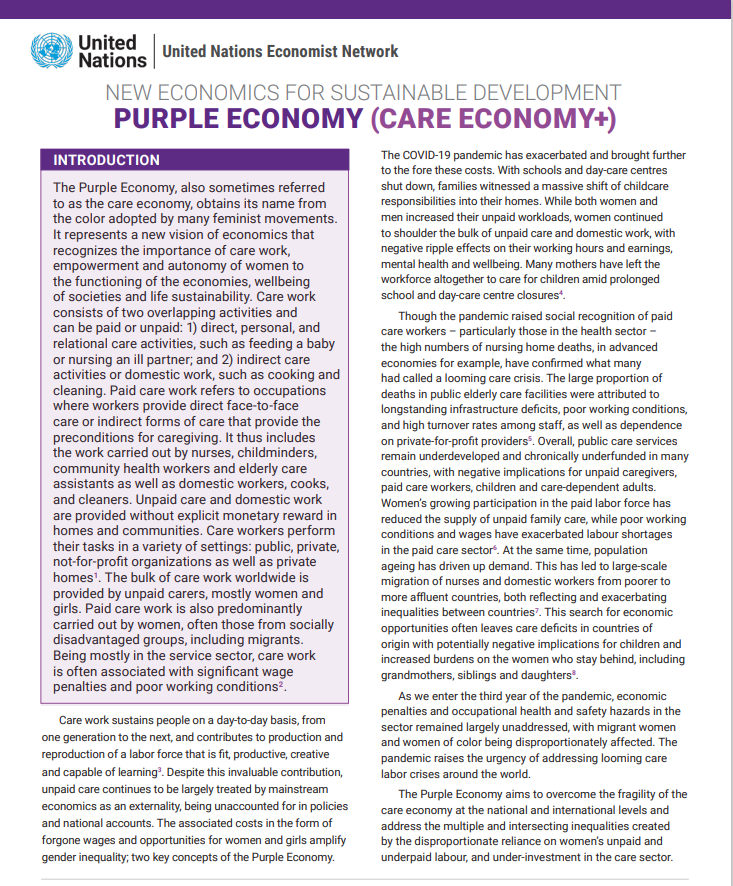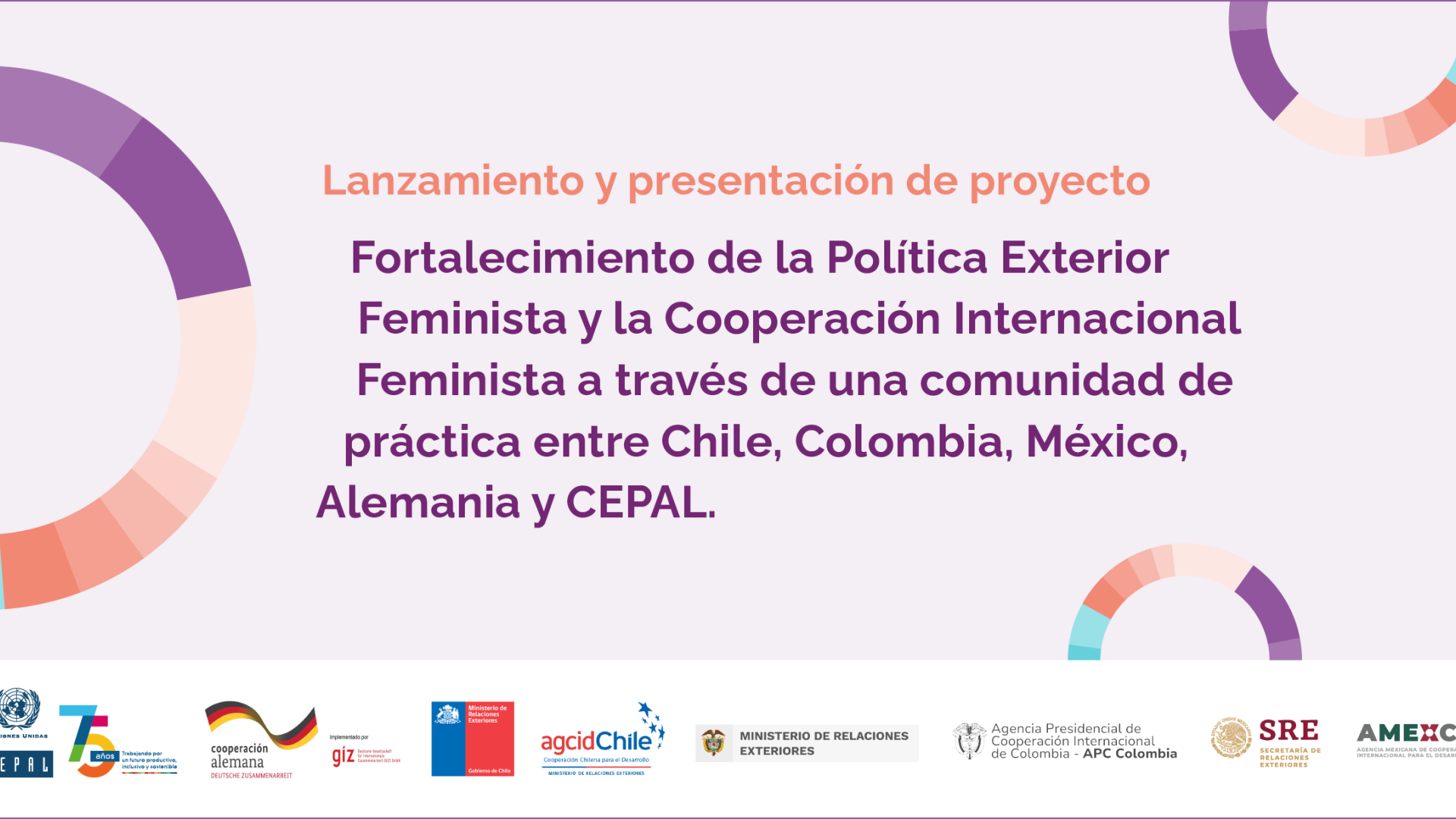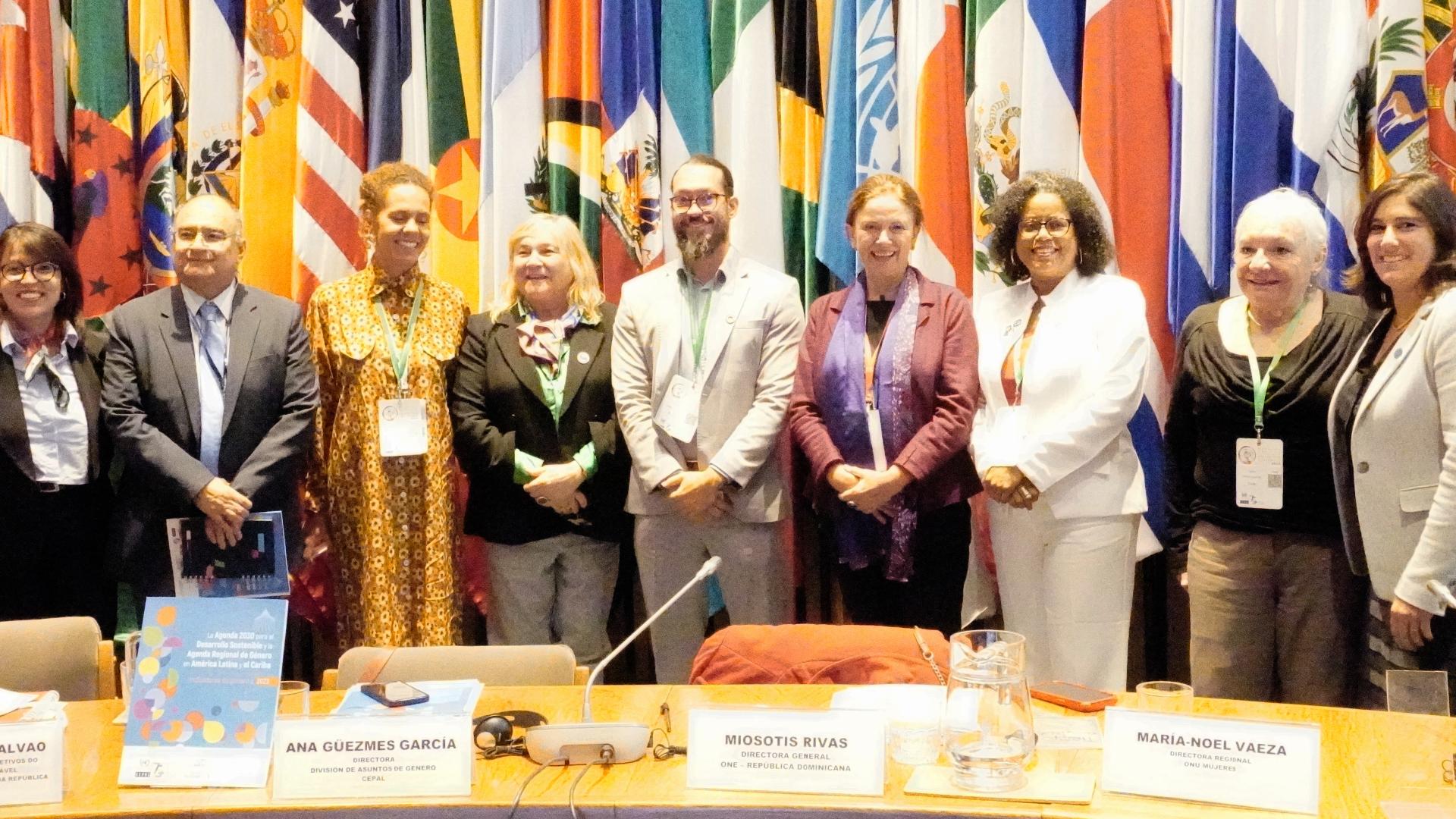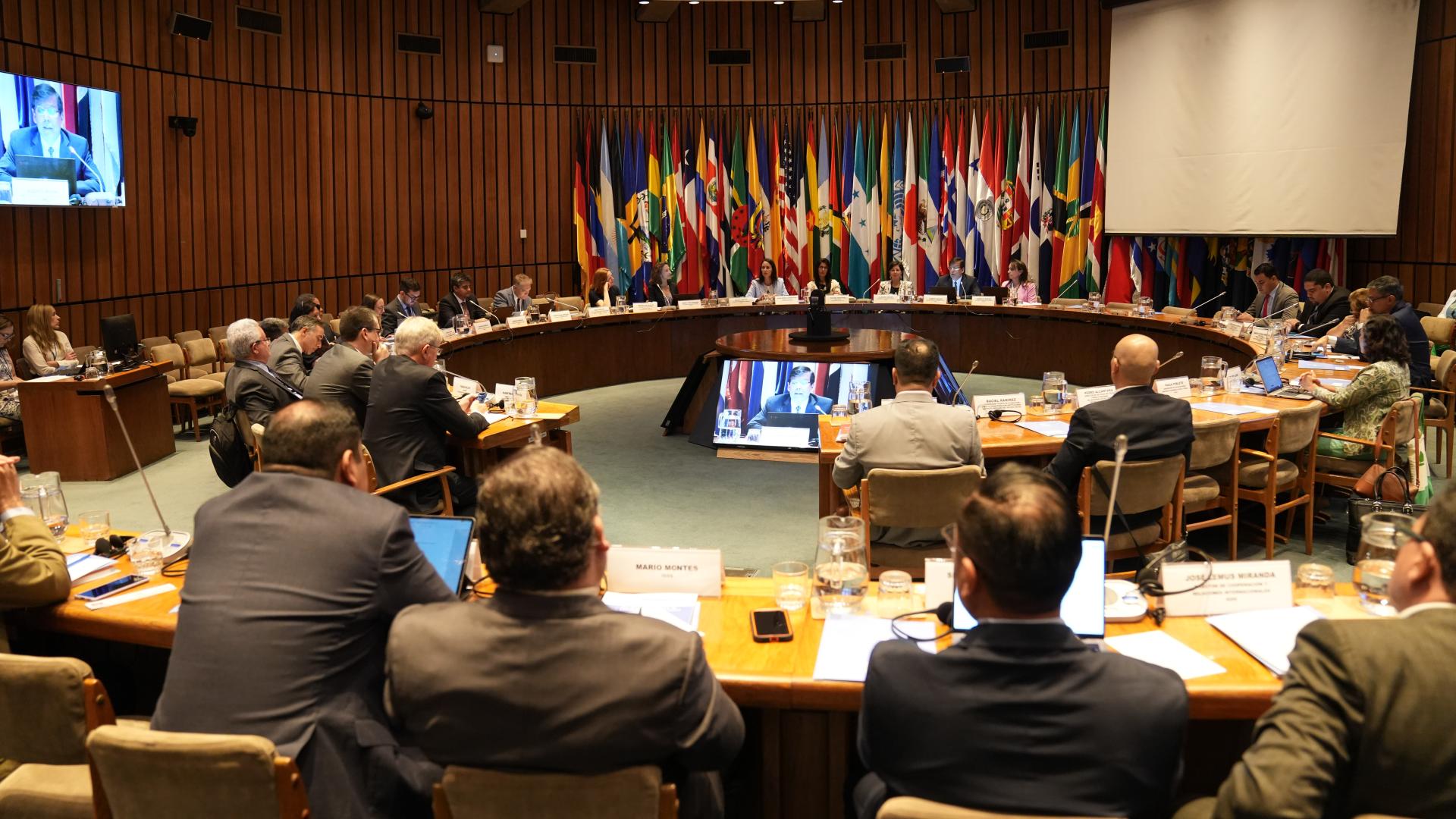Briefing note
Care work sustains people on a day-to-day basis and contributes to production and reproduction of a labor force. Despite this invaluable contribution, unpaid care continues to be largely treated by mainstream economics as an externality, being unaccounted for in policies and national accounts[1].
This is one of the thoughts shared by Nicole Bidegain Ponte, Social Affairs Officer within the ECLAC Gender Affairs Division, during her co-presentation on the policy brief on the Purple/Care Economy+ with Chantal Line Carpentier, Chief at the United Nations Conference on Trade and Development (UNCTAD), New York office of the Secretary-General, during the webinar on the policy briefs on the New Economics for Sustainable Development. During the event, organized by organized by the United Nations Economist Network (UNEN), 7 policy briefs on the New Economics for Sustainable Development were presented.
Nicole Bidegain Ponte emphasized that, the Care Economy, represents a new vision of economics that recognizes the importance of care work and the autonomy of women to the functioning of the economies and wellbeing of societies. Many care policies advance more than one Sustainable Development Goal (SDG).
In particular, the Social Affairs Officer noted that Latin America and the Caribbean have adopted a comprehensive Regional Gender Agenda to advance women’s rights and gender equality, with care at its core. She highlighted that the Buenos Aires Commitment, adopted by the governments of the region during the XV Meeting of the Regional Conference on Women in Latin America and the Caribbean is of particular interest since Governments have agreed to measure the multiplier effects of the care economy and implementing gender-sensitive countercyclical policies to mitigate the impact of economic crises on women’s lives.
Nicole Bidegain Ponte stressed that to achieve this transformative recovery, it is crucial to advance recovery plans with affirmative actions that foster comprehensive care systems, decent work, and the full and effective participation of women in strategic sectors of the economy, as it has been agreed by Governments of the region in the Regional Gender Agenda. These actions should be aimed at achieving gender equality, sustainability of life, and the transition to a care society.
For more information:
See the presentation of Nicole Bidegain Ponte and Dr. Chantal Line Carpentier: “New Economics for Sustainable Development Policy Brief: Purple Economy (Care Economy+)”.



